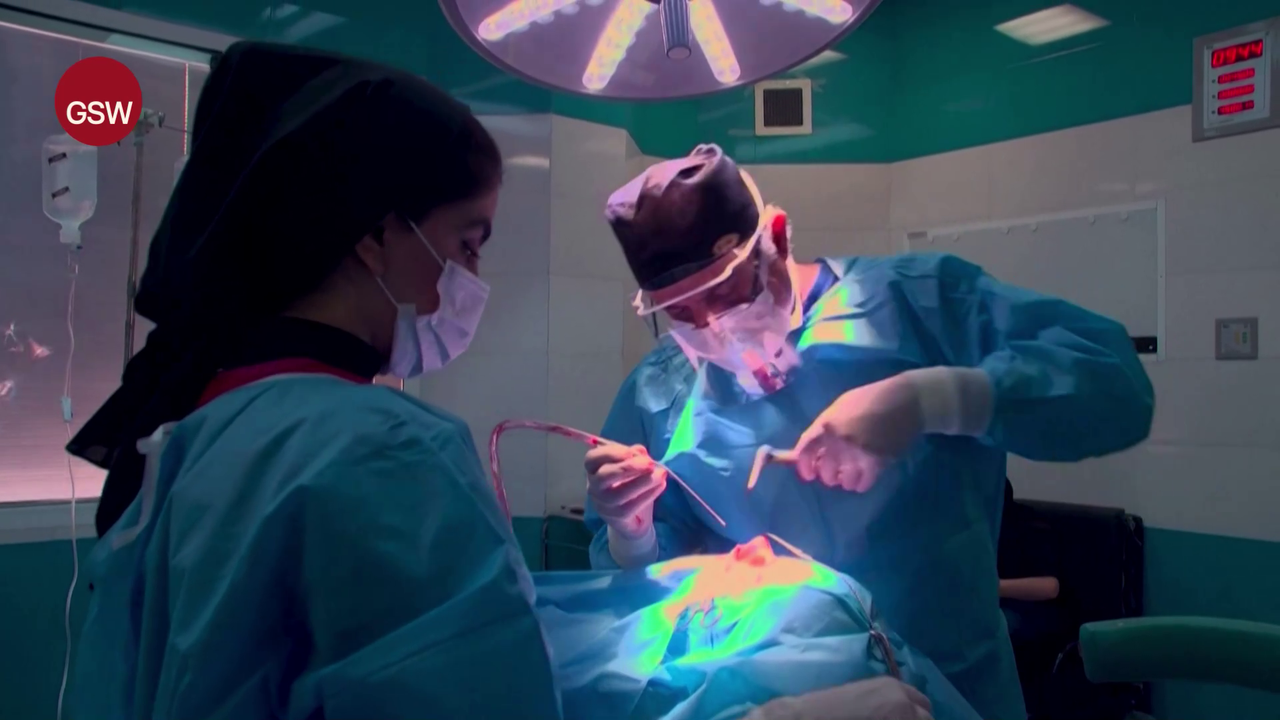In Iran, a new nose can mean more money and respect

In a country where women are required by law to cover their hair and dress modestly, the face has become the focal point of self-expression and transformation.
For many Iranians, especially women, cosmetic surgery is more than just a beauty trend; it's a gateway to status, opportunity, and financial gain.
Azadeh, a 29-year-old model from Tehran, says smoothing out the natural bump on her “Persian nose” was a life-changing decision. “After the operation, not only have I earned myself a modelling job with better social standing, but I’m also earning three times more,” she told AFP. “I’m more respected by clients.”
Rhinoplasty, or nose surgery, has become almost a rite of passage in Iran, a nation where the beauty industry has adapted to strict rules on public appearance since the 1979 Islamic Revolution. Today, cosmetic surgery, especially nose jobs, is not only widely accepted but also considered a symbol of modernity and upward mobility.
According to the International Society of Aesthetic Plastic Surgery (ISAPS), more than 264,000 cosmetic procedures were performed in Iran in 2023, with rhinoplasty being the most popular by far. In cities like Tehran, beauty clinics advertise sculpted noses, flawless skin, and perfect teeth on glowing billboards, while bandaged noses on the streets are common sights.
“It has become more of a cultural trend,” said Dr. Hamidreza Hosnani, a prominent rhinoplasty surgeon in Tehran who performs up to 20 operations a week. He explained how the cosmetic craze has become closely tied to identity and status, especially in the wake of growing defiance against Iran’s dress codes — a movement that gained momentum following the 2022 death of Mahsa Amini in custody.
Even with the country’s economic turmoil and a monthly minimum wage of around $100, basic rhinoplasty costs upwards of $1,000 — still considered affordable compared to prices abroad. Many Iranians are willing to take out loans or borrow from friends to finance their beauty transformations.
“I had to borrow the money,” said Azadeh, “but it was worth every cent.”
Despite the risks, the pursuit of perfection shows no signs of slowing. The trend is now crossing gender lines.
“Men should also take care of themselves these days, just like women,” said Bahador Sayyadi, a 33-year-old accountant who recently took out a loan for a hair transplant before his wedding.